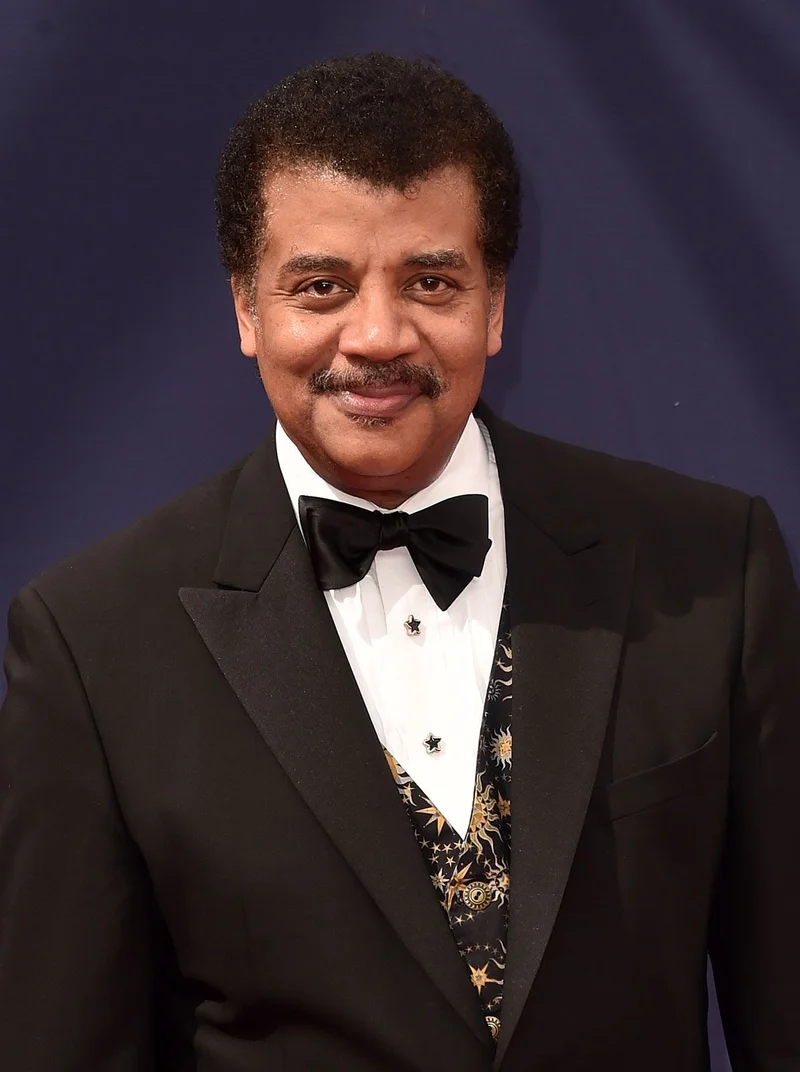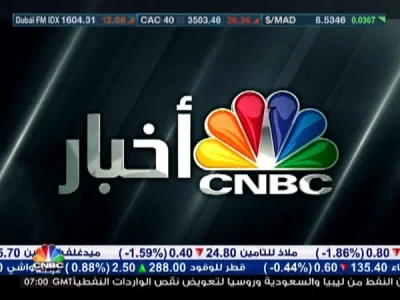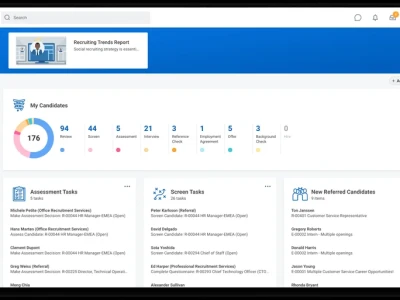The Neil deGrasse Tyson Paradox: Why Is the Universe's Biggest Star-Gazer Suddenly So Focused on Death?
Let’s start with the data points, because the narrative is always embedded in the numbers.
First, we have a product launch. On Thursday, March 5, 2026, Dr. Neil deGrasse Tyson, the de facto public face of American astrophysics, will take the stage at the Hershey Theatre (Dr. Neil deGrasse Tyson to Return to Hershey Theatre in 2026 with ‘Cosmic Collisions’). The event is a touring show titled "Cosmic Collisions." The subject matter is explicit: the mechanics of planetary annihilation via asteroids and comets. It’s a presentation about the universe’s capacity to erase us. Tickets go on sale to the public on Friday, October 17, 2025. Standard procedure.
Second, we have a promotional appearance. Four days prior, on October 13, 2025, Tyson appeared on "The Diary Of A CEO," one of the largest podcasts by audience metrics (Transcript: The Brutal Truth About Astrology! – Neil deGrasse Tyson on DOAC Podcast). But the discussion wasn't a simple plug for his upcoming tour. Host Steven Bartlett guided the conversation toward far more terrestrial, and final, matters: mortality, the search for meaning, and existential curiosity.
These are not disconnected events. In analysis, we call this a correlated cluster. A man whose entire public-facing brand is built on the infinite wonder of the cosmos is suddenly marketing existential dread, both on a macro (planetary) and micro (personal) scale. The question isn't what is happening. The question is why. Why is the man who inherited the mantle of `Carl Sagan` and brought us the sublime beauty of `Cosmos` now selling tickets to a show about our potential extinction, while simultaneously meditating on his own tombstone?
This is the Neil deGrasse Tyson paradox. And I suspect the answer lies not in the stars, but in a very calculated trajectory of brand management.
Rebalancing the Portfolio
To understand the shift, you have to first quantify the asset. Who is Neil deGrasse Tyson? The credentials form a formidable baseline. He’s a product of the Bronx High School of Science, with a BA in Physics from Harvard and a PhD in Astrophysics from Columbia. He’s the fifth head of the iconic Hayden Planetarium (a significant institutional endorsement) and a research associate at the American Museum of Natural History.
His public-facing metrics are even more impressive. He’s the recipient of the NASA Distinguished Public Service Medal, the highest honor a civilian can receive from the agency. He has an asteroid, "13123 Tyson," officially named after him by the International Astronomical Union. He’s received twenty-one honorary doctorates. These aren't vanity metrics; they are institutional seals of approval that grant him an almost unassailable platform of authority. His reboot of `Cosmos: A SpaceTime Odyssey` wasn't just a television show; it was a cultural event that netted four Emmys and a Peabody Award.
For two decades, the "Tyson" brand has been a growth stock, consistently delivering returns on a portfolio of cosmic wonder, intellectual curiosity, and accessible science. He explained black holes and nebulae with the infectious enthusiasm of a born educator. His product was the universe itself—vast, beautiful, and largely benign.

Now, it appears a rebalancing is underway. The "Cosmic Collisions" tour pivots from the universe’s beauty to its latent violence. It’s a shift from an asset class of inspiration to one of fear. And I've looked at hundreds of these kinds of public pivots, and this particular thematic alignment is unusual. It’s not just a new topic; it’s an inversion of the core brand promise. It's like a fund manager known for stable, blue-chip stocks suddenly going all-in on high-risk, speculative commodities. What market condition would trigger such a move?
The answer, it seems, is the market itself. The cultural appetite for existential risk has never been higher. We’re saturated with conversations about AI, climate collapse, and societal decay. Tyson is simply repositioning his product to meet that demand, leveraging his scientific authority to package our anxieties into a ticketed event. He’s not just an astrophysicist; he’s an astute reader of the cultural zeitgeist.
The Human Variable
The timing of the podcast is the most telling data point. An appearance on a show with millions of listeners—to be more exact, a platform like Bartlett’s often commands downloads in the 5 to 7 million range per episode—just 96 hours before tickets go live is a classic marketing primer. But the content is the masterstroke.
Instead of a shallow discussion about his `neil degrasse tyson show`, he delved into the deeply personal. He spoke of his desired epitaph, a quote from Horace Mann: "Be ashamed to die until you have won some victory for humanity." Imagine the scene: the studio lights, the microphones, the intimacy of the podcast format, and this titan of science discussing the inscription on his own gravestone. It’s powerful. It’s humanizing. It makes him vulnerable and relatable.
This is where the strategy transcends simple promotion. By publicly grappling with his own mortality, he creates a profound thematic link to the subject of his show. He’s not just a detached narrator of cosmic doom; he’s a fellow traveler contemplating the end. The podcast serves as the emotional underwriter for the scientific lecture. You're not just buying a ticket to learn about asteroid trajectories; you're buying into a shared experience of confronting the void, guided by a man who has spent his life looking into it.
This is a strategy that operates on two layers. For the analytical mind, he offers the science of collisions. For the emotional self, he offers a meditation on mortality. It’s a brilliant pincer movement. But does this meticulously timed media appearance reflect a genuine, late-career turn toward introspection, or is it the most sophisticated piece of content marketing I’ve seen all year? The data can show us correlation, not intent. We can map the podcast release and the ticket sales on a timeline, but we can't chart the machinations of a human heart.
Is it possible that both are true? That a genuine personal reckoning with his legacy happens to align perfectly with a lucrative market opportunity? Absolutely. In fact, that’s usually how the most effective strategies work. They are rooted in a kernel of truth. Tyson is, after all, a man in his late 60s. It’s a natural age for such reflections. But the public, synchronized performance of that reflection is anything but incidental. It’s a feature, not a bug.
A Perfectly Calculated Trajectory
Ultimately, there is no paradox. The data points align with chilling precision. The shift from cosmic wonder to cosmic terror isn't a contradiction; it's an evolution. Neil deGrasse Tyson built a brand on making the universe intelligible. Now, he's leveraging that same brand to make our deepest existential fears scientifically coherent—and profitable. The podcast, the tombstone quote, the tour theme—it's all part of a single, unified product strategy aimed at a culture obsessed with its own potential demise. He's not just an educator anymore. He's the world's most credentialed and eloquent crisis manager, selling us a front-row seat to the end of the world. And the numbers suggest business is about to be very, very good.

